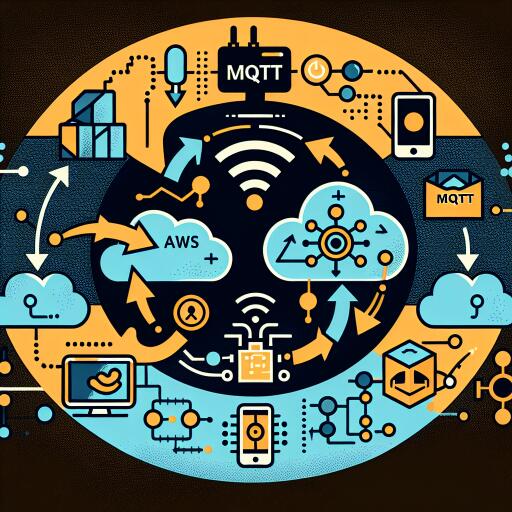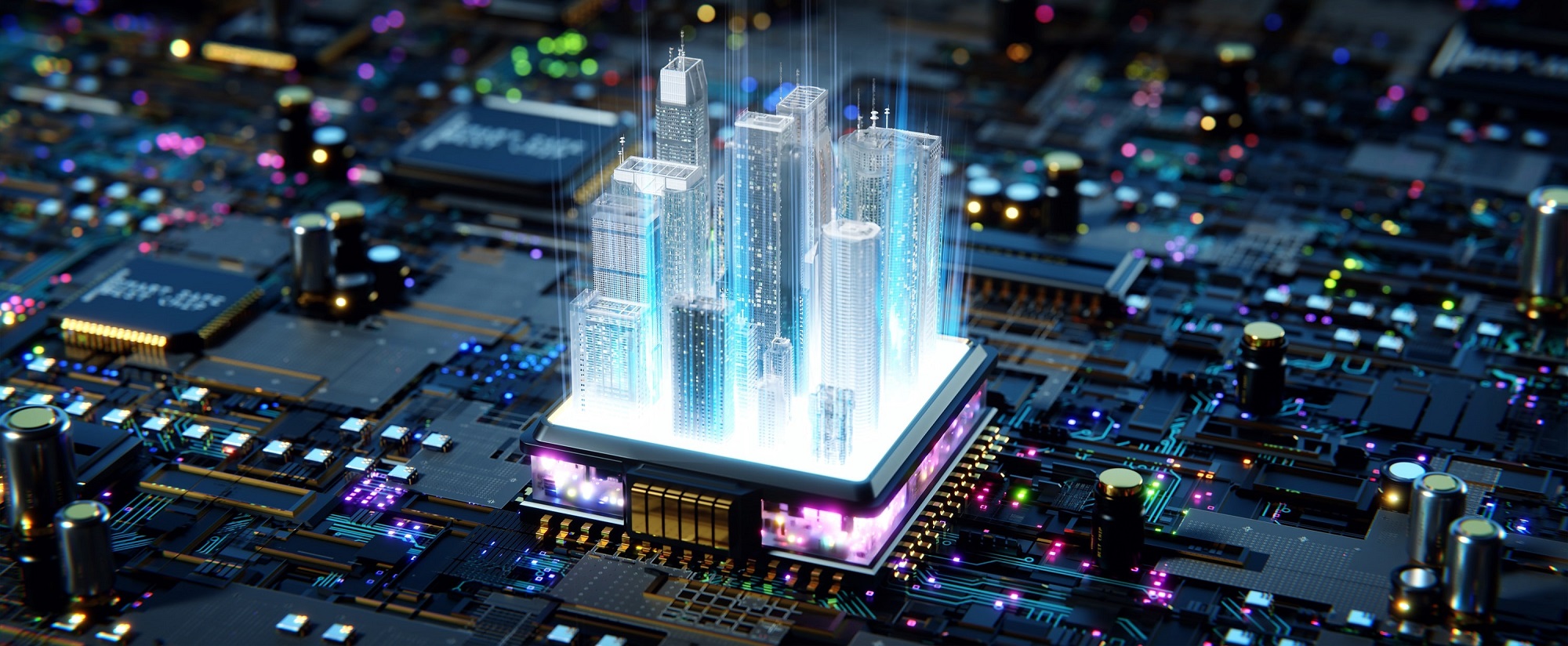IoT Microcontroller Market is Booming with Strong Growth Circuit Diagram Choosing the best microcontroller is crucial to the success of your project, and understanding the strengths and use cases of each brand can make the decision-making process much easier. Whether you're building a low-power IoT device or a high-performance industrial control system, brands like STMicroelectronics, Texas Instruments, Microchip To pick the best microcontroller for an IoT application, you need to think about what it should do and compare the different types available, including how the microcontroller talks to other things and what tools are needed for it to work. Riddhi Sultania. Updated on: 14-Feb-2023.

Top 10 Microcontrollers for IoT Projects - A Comprehensive Guide to Enhance Your Development Enhance your development process by selecting the right microcontroller for your needs. Implementing reliable and versatile controllers can drastically impact the success of your smart device initiatives.

Best Microcontroller for IoT and How to Choose 2023 Circuit Diagram
The STM32 Nucleo board is a versatile development platform designed for embedded systems and IoT applications. It focuses on real-time processing and efficient power consumption, making it ideal for sensor-based applications, robotics, and industrial automation.. With a wide selection of ARM Cortex-M microcontrollers, developers can choose the right balance between performance and efficiency.

The best IoT microcontrollers in 2025 include options like the Arduino UNO, ESP32, Raspberry Pi Pico, STM32, and Teensy 4.1. These IoT boards cater to various applications, from home automation and robotics to industrial IoT and wearables. Whether you're a beginner or an experienced developer, there is a microcontroller suited to your needs.

Best Microcontrollers for IoT Projects You Should Consider Circuit Diagram
64 bits microcontrollers; IoT Microcontrollers based on architecture: Von Neumann: In this architecture, the CPU communicates with a single data and address bus, to RAM and ROM simultaneously. Harvard: In this architecture, the CPU has two separate buses; those are address bus and data bus to communicate with the RAM and ROM.
